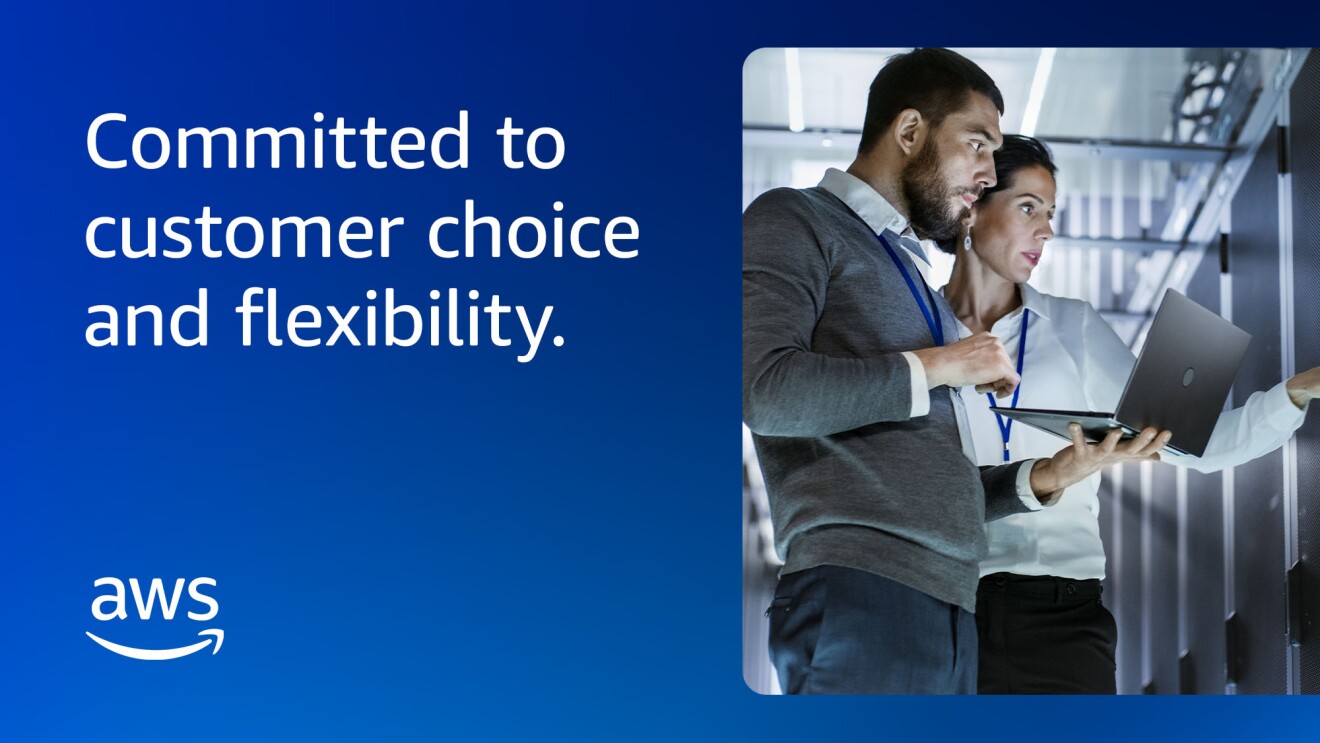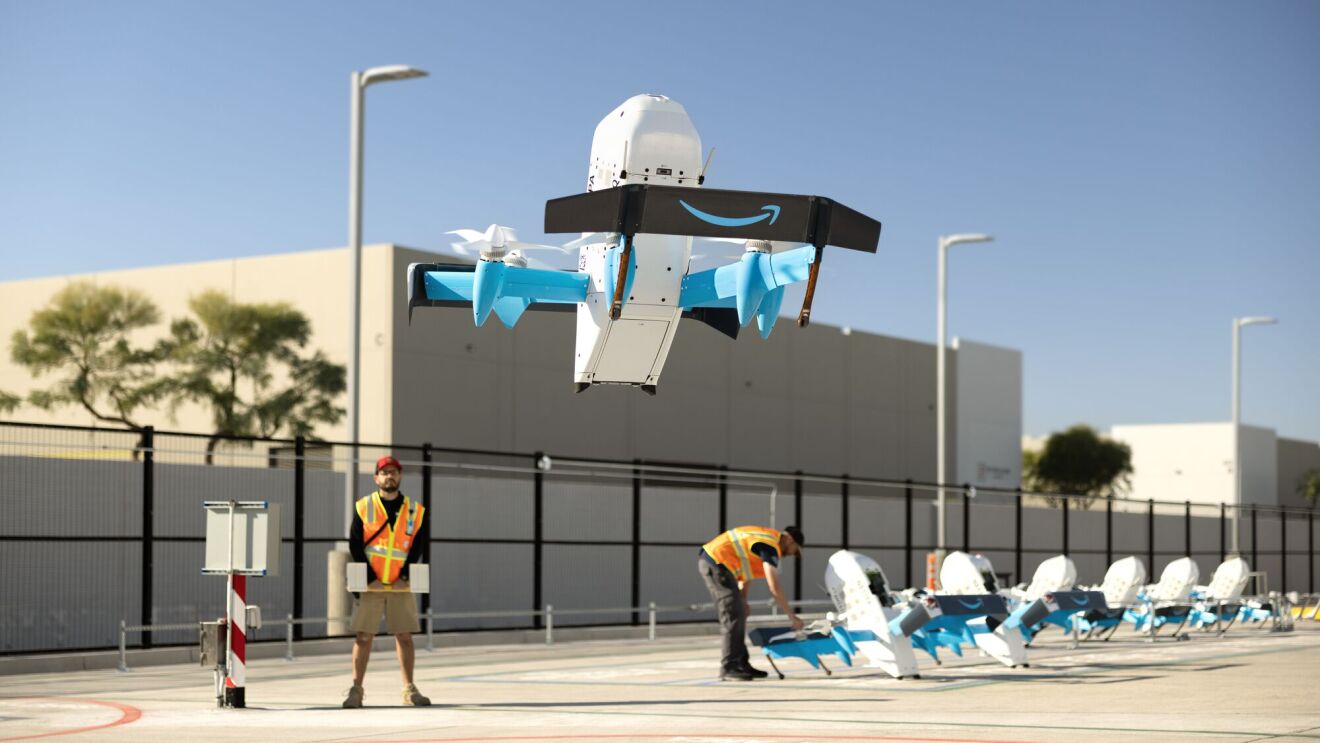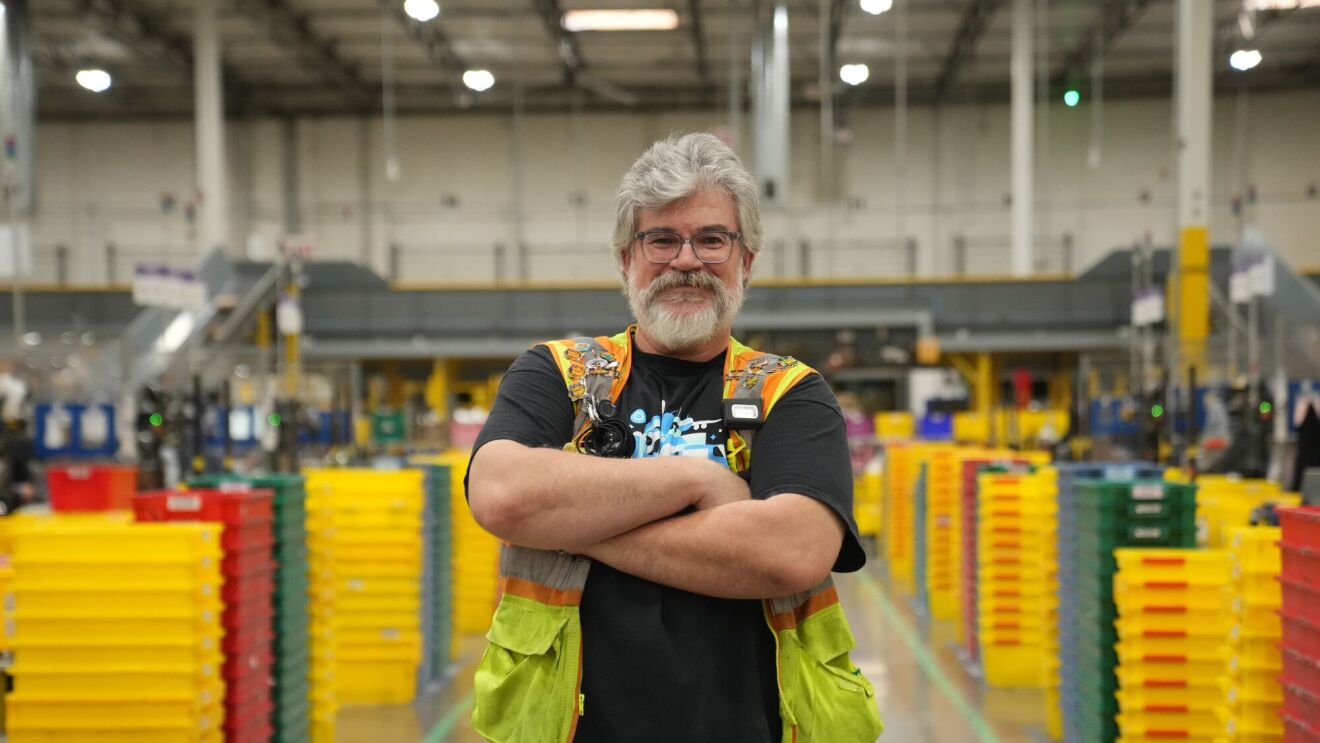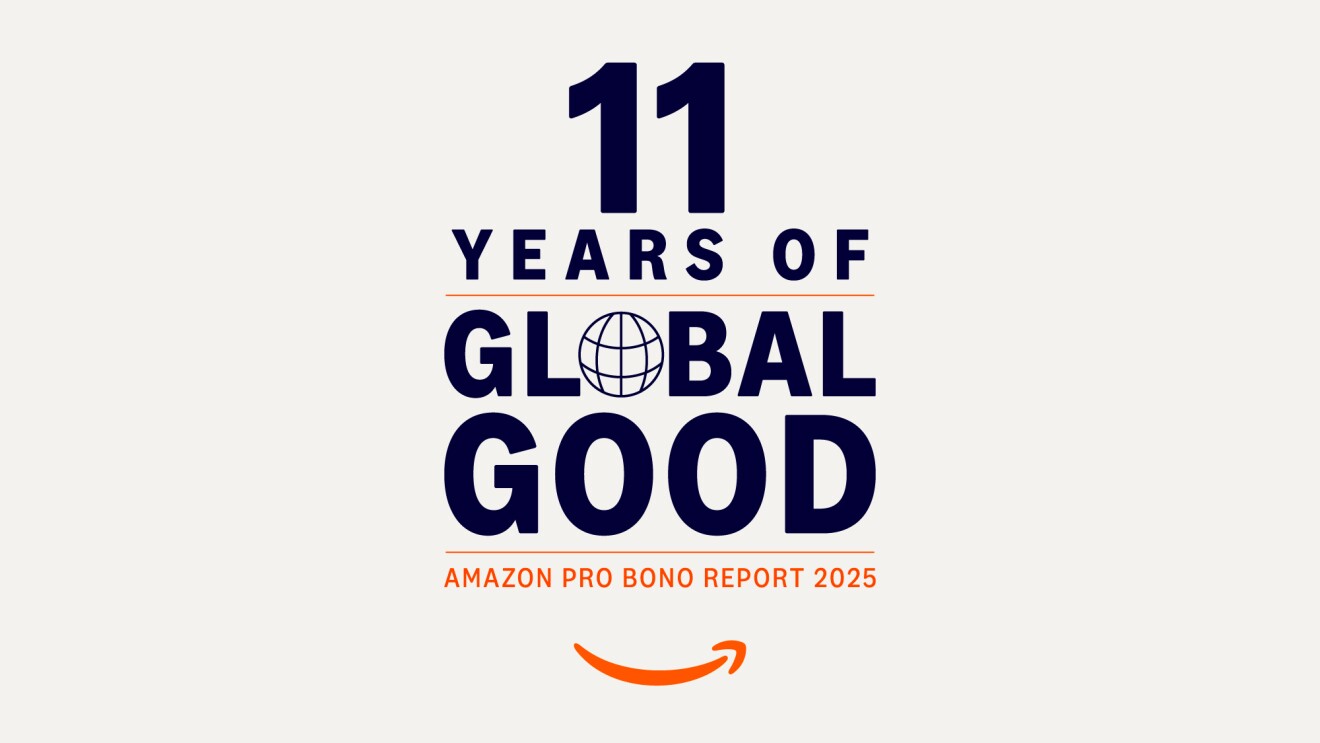Amazon Mexico launched in 2015, bringing a customer-centric approach to Mexico that has benefitted consumers through low prices, broad product selection, convenience, fast shipping, and more. We’ve also created opportunities for tens of thousands of Mexican small and medium-sized businesses to compete in retail. We’re proud of what we’ve done to provide value for our customers, sellers, and the Mexican economy, and want to continue innovating for them for years to come.
Earlier this year the Investigative Authority (IA) of Mexico’s Federal Economic Competition Commission (COFECE) released a preliminary, non-binding report following a market study on potential e-commerce barriers. We explained our business and the dynamic and highly competitive retail landscape in Mexico to the IA, and showed staff how Amazon’s innovations and customer-centric focus have benefited Mexican consumers. We were surprised to see findings in the preliminary report that are not supported by the evidence and based on areas of the business we were never asked about. As a result, the report alleges barriers to competition in two narrowly and artificially defined markets, and recommends unprecedented corrective measures that—if approved—would harm retail competition, innovation, and customers by undermining our ability to continue providing low prices, fast deliveries, and programs like Amazon Prime that customers love.
We respect COFECE’s important work to protect competition in Mexico and appreciate the opportunity to continue to engage in its process and provide relevant information. However, we are concerned that the analysis the IA did was fundamentally flawed and does not reflect the reality of the competitive retail landscape in Mexico. Its recommendations would have a negative impact on a diverse retail marketplace that is benefitting Mexican consumers, small and medium-sized businesses, and the economy overall.
We recently filed a response to the agency so the COFECE Board of Commissioners can accurately come to a final decision. To be fully transparent to our customers, and in order to demonstrate how the IA’s proposed changes could harm consumers and the businesses that sell in our store, we think it’s important to explain how retail and Amazon Mexico actually work.
Here are the facts.
Retail is full of options for both consumers and sellers, which leads to lower prices for consumers.
Amazon Mexico is part of a highly competitive market with numerous successful retailers. As shoppers know, consumers can buy the same product at any number of different retailers that compete vigorously with each other, including brick-and-mortar stores, online stores, and models like buy-online-pick-up-in-store, to name a few. In Mexico, 88% of retail happens in brick-and-mortar stores and all sales on Amazon accounts for just 1.5% of retail sales. We are constantly innovating to maintain customer trust and offer the best retail experience because we recognize that we are one of many choices for consumers and third-party sellers, including Mercado Libre, Liverpool, Coppel, Walmart, Elektra, Soriana, and Chedraui. This multitude of options leads to better prices for customers and a variety of channels for sellers to sell their products. In fact, a 2022 Colegio de Mexico report found that Amazon’s entry lowered prices in Mexico by up to 28%, noting that “each time a product started selling through the Amazon store, brick-and-mortar prices of that product decreased.” This underscores just one of the ways that online and physical stores compete vigorously with one another to the great benefit of all Mexican consumers.
The IA’s preliminary analysis ignores these benefits and the wide range of choices consumers and sellers have to buy and sell products. And, absent a factual basis to allege that Amazon’s market share in Mexico is high, the IA instead inexplicably combines our market share with another retailer’s to allege the relevant markets are concentrated, when in fact we compete every day against that other retailer.
Amazon partners with Mexican small and medium-sized businesses and invests in their success.
We have incredible businesses selling in our store. Today, more than 18,000 Mexican independent businesses, 99% of which are small and medium-sized businesses, sell in our store and have more than 3 million products listed. These sellers, including local artisans and women-owned businesses, have created more than 57,000 direct and indirect jobs across the country. Twenty percent of small and medium-sized businesses that sell in our store have expanded to other countries, such as the U.S. and Canada, almost doubling their exports since 2018.
With more than 5 million small and medium-sized businesses in Mexico, we know that sellers have, and use, many options when reaching customers. In fact, a recent study found that Mexican small and medium-sized businesses use on average four channels to sell goods to customers, including brick-and-mortar stores, in-person marketplaces, social media, online stores, online marketplaces, and wholesale. We know sellers have many options, and we work hard to remain a trusted partner to sellers by providing effective tools and services that help them succeed in our store. We regularly provide sellers with new data and insights about selling on Amazon, the capability to tailor products and listings to customer needs, and recommendations and advice to help grow their businesses. We also offer features that help sellers create and manage product listings, track sales, fulfill orders, respond to customers, and more. We strive to provide sellers with all the tools and information they need to succeed in our store, and we’re proud they continue to sell on Amazon. Today, more than 60% of sales in Amazon’s store come from independent sellers.
Sellers have full control over how they run their business on Amazon, including how they fulfill their Amazon orders. One of the many optional services we offer to sellers is Fulfillment by Amazon (FBA), a cost-effective service that manages product storage, packaging, shipping, returns, and customer service. Sellers can choose FBA, but also can—and do—choose other fulfillment methods they may prefer, including the Merchant Fulfillment Network (MFN), under which sellers handle logistics entirely on their own, and the Easy Ship or Seller Flex programs.
FBA exists because of years of investment to build a logistics network that securely and efficiently gets packages to customers quickly and handles customer service issues when they arise. Across Mexico, Amazon operates more than 40 facilities that are used to deliver products to customers in every state, and earlier this month we opened our twelfth Fulfillment Center in the state of Nuevo Leon. FBA is a big help to independent businesses and, in building our logistics network, we have invested more than $52,000 million pesos in Mexico, employ more than 8,000 people and support another 32,000 jobs through our investments. This translates to more than $22,000 million pesos in wages, including $9,000 million pesos to Amazon employees and more than $13,000 million pesos to indirect jobs outside of Amazon.
Mexican consumers and sellers have benefitted from FBA’s ability to provide faster and more reliable delivery. Prior to FBA, major retailers struggled to meet delivery promises or only promised slow delivery speeds (e.g., within ten days). Today, in response to Amazon, many of the major retailers offer same-day delivery. In short, Amazon has successfully spurred innovation across logistics and retail, and has improved Mexican consumers’ ability to quickly and reliably receive products purchased online.
The IA preliminary report’s assertion that third-party logistic providers cannot serve Amazon sellers without a contract with Amazon is simply inaccurate; MFN provides this option. Further, the IA report recommends that Amazon should partner with any provider who is interested, rather than ensuring providers can meet the high security, speed, and reliability standards that customers and sellers demand. This recommendation would harm consumers with slower and less reliable and secure deliveries.
Amazon innovates to offer consumers the best experience and offerings, such as Prime.
Our innovations are driven by our constant desire to delight customers. Amazon Prime, for example, started as a free shipping program, but has since evolved, offering customers a variety of services including video, music, gaming, and more. Prime has become one of our most popular offerings because we are constantly investing to make it better for customers. Earlier this month, for example, we launched a 12-month free, food and groceries delivery offer to Prime members in Mexico through Rappi.
Our customers love Prime because it is a great experience. Antitrust laws encourage companies to compete by innovating and offering the best deal to consumers. This is what we have done with Prime, and many companies in retail and beyond are now offering consumers a variety of benefits in memberships and loyalty programs. In fact, a recent study found that Mexican consumers benefit enormously from retail membership bundles, generating a savings of $1,400 million pesos annually.
The preliminary report, if implemented, would prohibit Amazon from offering some of the many benefits a Prime membership offers—including streaming services. In other words, Prime customers would no longer have access to video, music, and free shipping as an all-in-one package at an attainable price and with a single, convenient log in.
We work hard to earn the trust of Mexican consumers and sellers who choose Amazon, and we look forward to continuing to invent on their behalf.
Thanks to our ongoing investments, customers have access to millions of different products, fast and reliable shipping, low prices, and entertainment options, and sellers have access to a marketplace with a range of tools to help them succeed, including efforts like Logralo Online, Hecho a Mano, and a Small Business Badge.
We hope our submission to COFECE helps demonstrate the positive effects of our pro-competitive business practices so we can continue to invest in Mexico and invent on behalf of Mexican customers and small and medium-sized businesses.
All data and figures updated until April 29, 2024.







